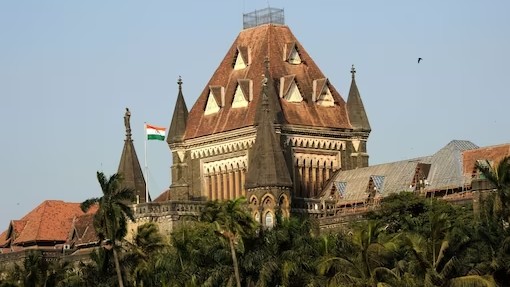Mumbai: In a relief for Board of Control for Cricket in India (BCCI), the Bombay High Court (HC) has quashed 2009 advisory issued by the Income Tax (IT), by which the latter denied tax exemptions as a charitable institution promoting sport; and cancelled registration under Section 12A of the Income Tax Act, 1961.
The court emphasised that such non-statutory communications cannot be the basis for denying tax exemptions or canceling registration under Section 12A of the Income Tax Act, 1961.
A bench of Justices MS Sonak and Jitendra Jain held that the Income Tax Appellate Tribunal (ITAT) exceeded its jurisdiction by commenting on the merits of the 2009 advisory after ruling that BCCI’s appeal against it was not maintainable.
The BCCI, registered as a society under the Tamil Nadu Societies Registration Act, was granted tax exemption under Section 12A on February 12, 1996, as a charitable institution promoting sports. However, amendments to its Memorandum of Association in June 2006 and August 2007 were not informed to tax authorities.
On December 28, 2009, the Director of Income Tax (Exemptions) informed the BCCI that its registration under Section 12A “does not survive” after the amendments and suggested applying afresh under Section 12AA. Aggrieved, the BCCI challenged this communication before the ITAT, arguing it effectively canceled the board’s tax-exempt status without legal authority.
The ITAT, in its March 30, 2012 order, ruled that the 2009 advisory was not an official cancellation order but merely an informational letter. Consequently, it dismissed BCCI’s appeal as “not maintainable.” However, the tribunal also examined the merits of the advisory and upheld the tax authorities’ reasoning.
The High Court found that ITAT overstepped its jurisdiction. “If, according to the ITAT, the appeal before it was not maintainable, then we fail to comprehend how the ITAT derived jurisdiction to make observations virtually approving the impugned communication,” the court said.
The judges further noted contradictions in the Revenue’s stance. “The Revenue cannot adopt such contradictory stances or blow hot and cold in the same breath,” the bench remarked, pointing out that while the IT department called the advisory “non-statutory,” it also used it as grounds for denying tax benefits.
The court held that such informal advisories could not be the sole basis for canceling tax exemptions. “If a power is given to do a certain thing in a certain way, the thing must be done in that way or not at all,” the bench observed.
The court quashed the December 28, 2009, advisory without commenting on the validity of BCCI’s tax exemption. It clarified that any decision on the cancellation of BCCI’s registration must be made by the appropriate statutory authorities, following due legal procedures, without being influenced by the 2009 advisory or ITAT’s observations.
“All such issues, including whether the BCCI, on account of modification of its objects, is liable to have its registration under Section 12A canceled or is disentitled to benefits otherwise available to charitable institutions, should be examined by the prescribed authorities independently,” the court ruled.
The IT department must now reassess BCCI’s tax-exempt status strictly according to the law, without relying on the quashed 2009 advisory.
